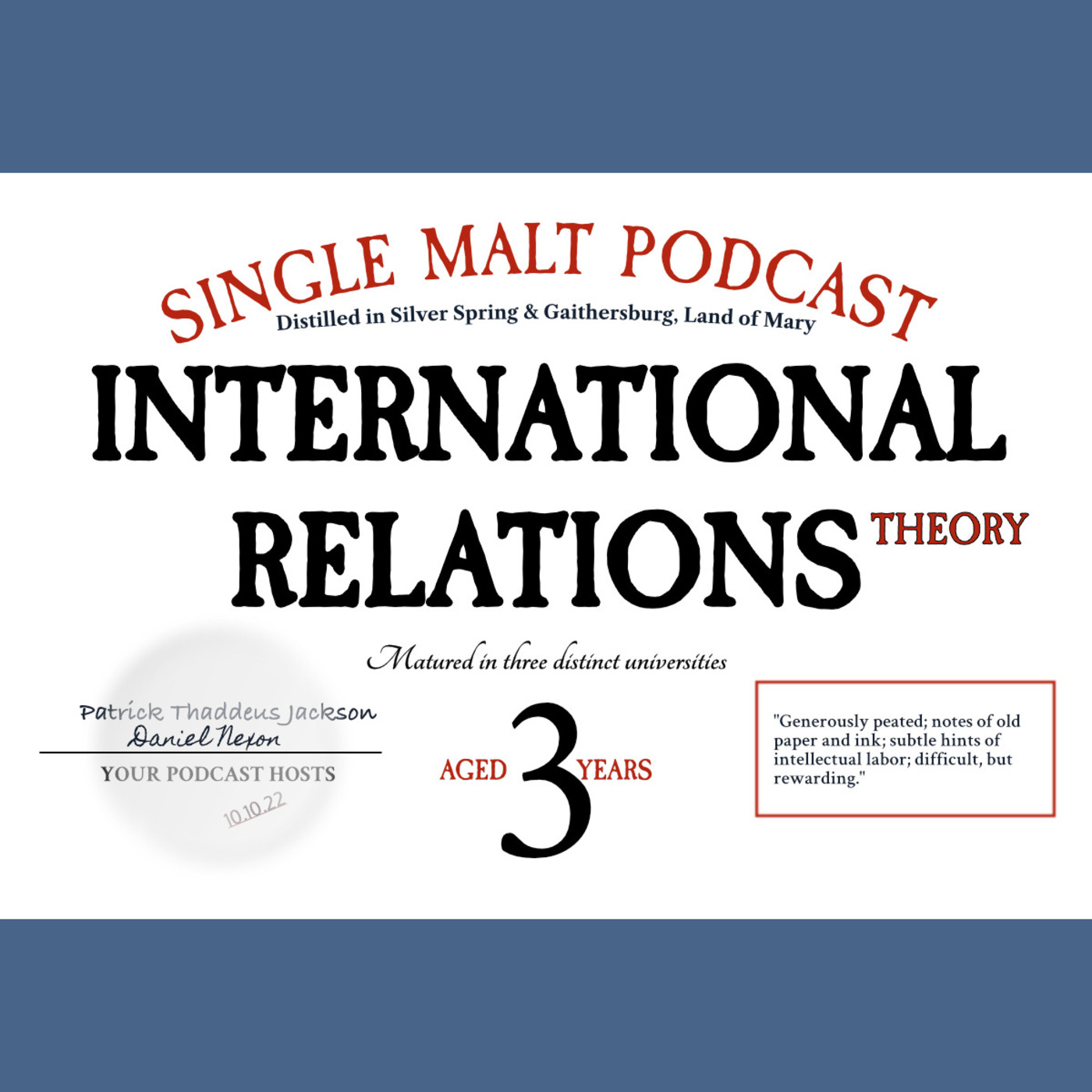Anarchy vs. The Anarchy
Description
The University of Chicago's Paul Poast claims that G. Lowes Dickinson was the OG "modern" theorist of international relations—and also an "offensive realists." John Mearsheimer invokes Dickinson in Tragedy of Great Power Politics, but notes that Dickinson vocally supported the creation of the League of Nations. Brian Schmidt pays close attention to Dickinson in his work on the history of the discipline. Andreas Osiander also sees Dickinson's account of anarchy as realist, but emphasizes that Dickinson's argument has distinctive "overtones of moralism and voluntarism" and that "Dickinson hope[s] that [anarchy] might be transcended." Jeanne Morefield offers a nuanced appraisal, arguing that we shouldn't read Dickinson through the idealist-realist frame later popularized by E.H. Carr (see also). Unfortunately, we consulted few of these works before recording the episode, so we unwittingly make arguments that previously appeared in some of this scholarship. We apologize, and hope that listeners go out and read the work that we link to above.We discuss whether or not Dickinson is a "realist" (which is probably the least interesting aspect of his work), and examine parts of The European Anarchy, The International Anarchy, The Causes of War, and lots of other stuff. Dan reiterates his view that structural realists are best understood as "liberal pessimists" and Patrick discusses Dickinson's biography and some of his work outside of the area of international relations.
More Episodes
[audio updated to fix a mixing error]The second installment of our live taping at the British International Studies Association annual convention in Glasgow is a "Whisky Optional" roundtable on status and international-relations theory. Our guests are: Ali Bilgic of Loughborough University,...
Published 10/15/23
Published 10/15/23
Robert Cox's landmark article, "Social Forces, States and World Orders: Beyond International Relations Theory," appeared in the journal Millennium in 1981. Among other things, it introduced the distinction between "critical" and "problem-solving" theory to international-relations scholars. But...
Published 08/18/23


